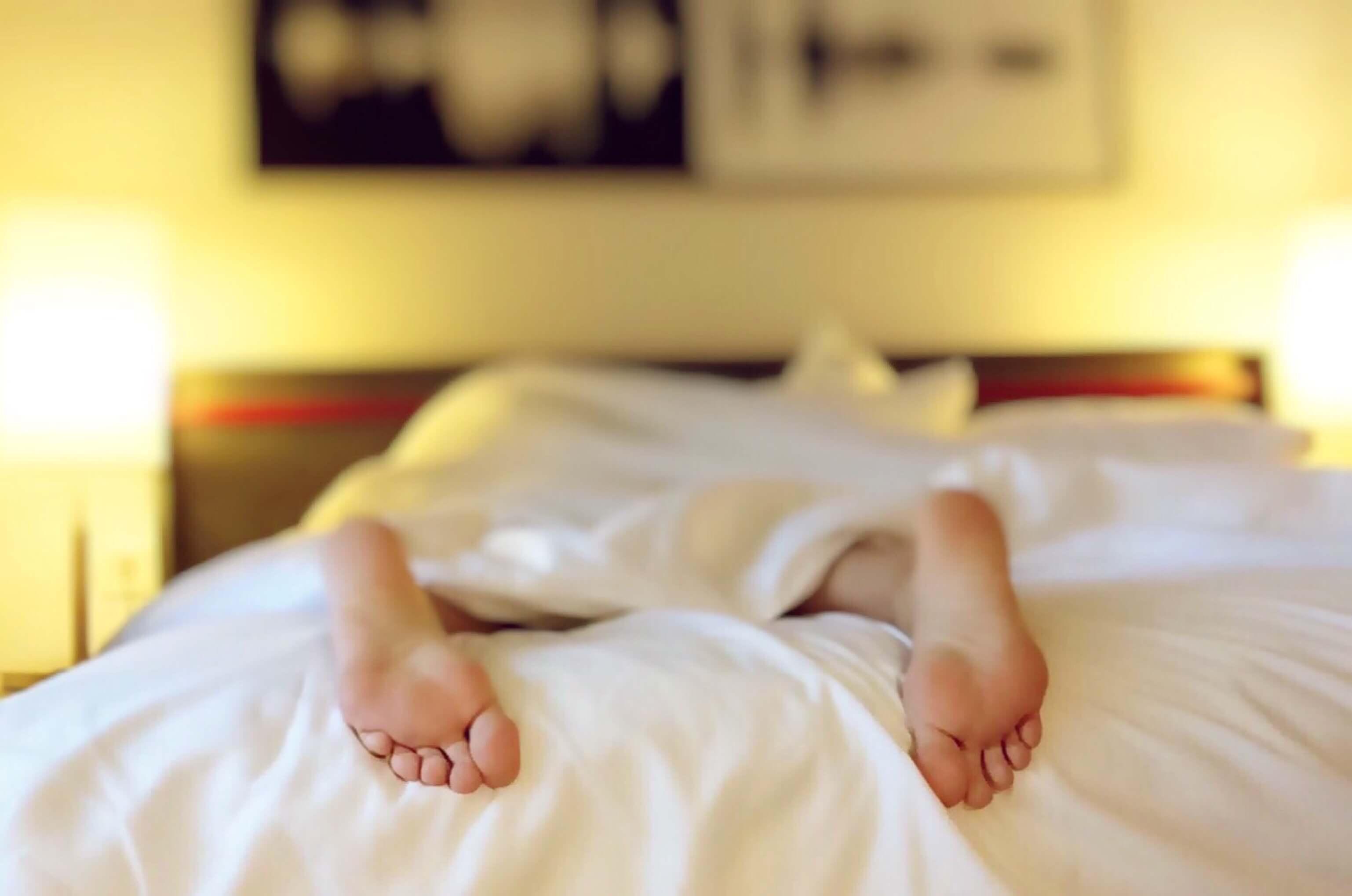What are Sleep Disorders?
Sleep Disorders relate to the ability of one to either sleep or be succumbed to excessive sleepiness. Sleep maintenance is frequently a term used by doctors when describing one’s quality of sleep. There are a variety of sleep disorders. Also, there a variety of causes for those sleep disorders. See AMA Guides to the Evaluation of Permanent Impairment, 5th Edition. In sum, Sleep Disorders can involve the failure to be able to go to sleep or maintain sleep for a significant duration. Sleep Disorders can also involve a person’s ability to stay awake. Sleep Disorders include Insomnia, Narcolepsy, Restless Leg Syndrome, and Sleep Apnea.
Can Sleep Disorders be a Work-Related Injury?
Yes. An Injured Worker can pursue a claim for a work injury that results in a Sleep Disorder. In California, for Injuries after 1/1/13, however, there are limitations as to whether one can claim Permanent Disability as a result of a Sleep Disorder. The current law, the one applying on or after 1/1/13, indicates that there shall be no increases in impairment ratings (which translate to permanent disability) for sleep dysfunction arising out of a compensable physical injury. See Labor Code Section 4660.1. In other terms, Sleep Disorder Permanent Disability cannot be a compensable consequence of a physical injury. If the sleep disorder, however, is the direct result of an injury, permanent disability may be claimed.
If the Sleep Injury is a Compensable Consequence of a Physical Injury, Can Other Benefits be Claimed?
Yes. Although there is a limitation on claiming Permanent Impairment, there is no limitation in claiming treatment for sleep dysfunction that are a consequence of an industrial injury. There is nothing in the Labor Code Section 4660.1, that specifically limits the ability to claim temporary disability as well or death benefits. Therefore, at minimum, an Injured Worker can get treatment for their sleep disorder through workers’ compensation.

How Can Sleep Disorders be Work-Related?
Work-related sleep disorders can arise out of a variety of ways. Sleep Disorders can be acquired from doing shift-work. Sleep Disorders can occur as a result of a Psychiatric Injury. Sleep Disorders that are work-related can include Sleep Apnea which can be caused by industrial weight gain. This can occur if an orthopedic injury causes a period of inactivity.
Is Daytime Sleepiness an Issue in Work-Related Sleep Disorders?
Yes. Daytime Sleepiness is an important issue concerning permanent disability. Its assessment leads to the assignment an impairment value within the AMA Guides. Sleep Disorders with increased daytime sleepiness include Central Sleep Apnea Syndrome, Narcolepsy, Idiopathic Hypersomnia, Periodic Limb Movement Disorder, Restless Leg Syndrome, Depression, Brain Tumors, Posttraumatic Hyper-somnolence, Multiple Sclerosis, Encephalitis and Post-Encephalopathy, Alzheimer’s Disease, Parkinson’s Disease, Multiple System Atrophy, and Neuromuscular Disorders with Sleep Apnea. See AMA Guides to the Evaluation of Permanent Impairment, 5th Edition.
How is Daytime Sleepiness Assessed?
Daytime Sleepiness is assessed in a number of ways. The most basic assessment of Daytime Sleepiness is the Epworth Sleepiness Scale. This is a self-reporting questionnaire concerning the likelihood of dozing off during various situations such as sitting and watching television. A score is obtained as a result of the answers. This scale correlates with the Multiple Sleep Latency Test (MSLT), which supports pathologic sleep in Narcolepsy and Idiopathic Hypersomnia. Also, there are Formal Sleep Studies which are conducted by having an individual spend the night in a Sleep Laboratory hooked to various monitoring devices. One test employed is a Polysomnogram.
What is a Sleep Study? What Does it Look Like?
Sleep Studies are quite complicated. Some Sleep Studies are done overnight. There is a lot of data that is collecting during these studies. Testing can look at Respiratory Events, Limb Movements, Oximetry, and Body Position. Click here to view a copy of a Nocturnal Polysomnogram Report.
How do Sleep Disorders Impact a Worker?
Sleep Disorders, if untreated, can jeopardize a worker’s job and health. Sleep Disorders can impact performance at work. It can restrict one’s ability to perform activities. Sleep Disorders, at work, can cause an individual to have decreased communication, performance deterioration, increased risk of distraction, driving impairments, increased risk of errors, poor cognitive assimilation and memory, poor mood appropriate behavior, greater risk-taking behavior, inability to make necessary adjustments, and over time, deprivation has a compounding effect throughout the night. A Permanent Sleep Disorder can prevent an Injured Worker from obtaining employment within a large variety of fields that require operating commercial vehicles, operating heavy machinery or working at unprotected heights. In sum, after succumbing to a Sleep Disorder, a worker can cause further injuries or suffer from diminished job performance which may jeopardize employment status.
How is Permanent Disability for a Sleep Disorder Assessed?
In California, all permanent disability is based upon the AMA Guides to the Evaluation of Permanent Impairment, 5th Edition. The main table employed for Sleep is 13-4 in the Guides. Also, if this Section does not accurately represent the Injured Worker’s permanent disability, the Evaluating Physician is allowed to use the chapter, table, or method of assessing impairment of the AMA Guides that most accurately reflects the injured employee’s impairment. See Almaraz Guzman.
If you would like a free consultation with a workers’ compensation attorney, please contact the Law Offices of Edward J. Singer, a Professional Law Corporation. They have been helping people in Central and Southern California deal with their worker’s compensation cases for 25 years. Contact us today for more information.